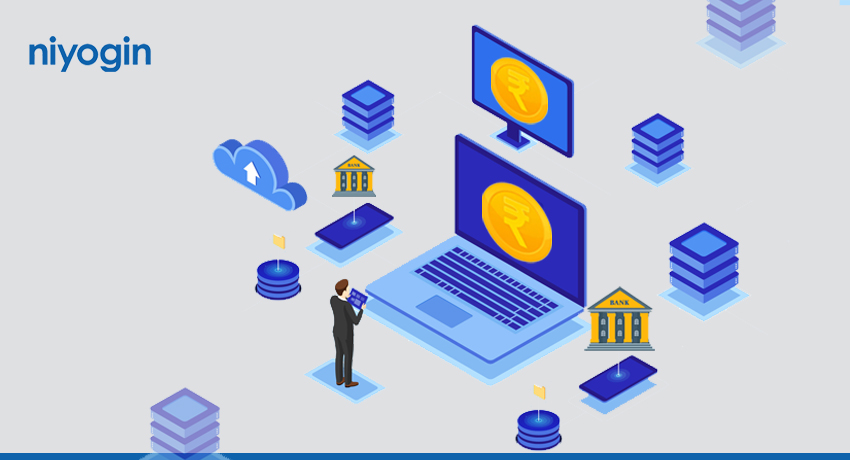Open banking is reshaping the financial landscape by revolutionizing how consumers interact with their banks and financial services. Greater openness, competition, and innovation are being promoted by this revolutionary approach to banking, which resulted from changes in regulations and technical breakthroughs. Open banking is fostering the development of a more vibrant and diverse financial ecosystem by permitting third-party providers to access financial data with consumer authorization.
Increased Openness in Finance
The rise in financial transparency is one of open banking’s most important effects. Because they can now have a more complete picture of their financial information, consumers are better equipped to make judgements. A survey published by Accenture states that new financial services enabled by open banking are of interest to 57% of worldwide consumers. This transparency also extends to more efficient comparison of financial goods and services, since open banking platforms frequently compile information from various accounts to present a cohesive picture of one’s financial situation.
Increased Innovation and Competition
By enabling new fintech businesses and third-party suppliers to enter the market, open banking promotes competition. As a result of the increased competition, innovative financial products and services that are suited to the demands of customers are developed. According to research by the UK’s Financial Conduct Authority (FCA), the number of fintech businesses entering the market increased by 30% after open banking policies were put into place. Personalized financial management tools, improved credit score algorithms, and creative payment methods are some of these advancements.
Enhanced Credit Accessibility
Through the provision of more thorough and accurate financial information to lenders, open banking greatly improves consumers’ access to credit. Customary credit scoring algorithms frequently depend on sparse data, which may omit people with weak credit histories. More data, such as transaction histories and spending habits, are available to lenders through open banking, which helps them create more precise credit evaluations. According to a Deloitte research, the use of open banking by 60% of lenders resulted in better credit risk assessments and lower loan default rates.
Enhanced Security and Consumer Control
Robust safeguards are established to protect customer data, ensuring that security and control remain top priorities in open banking. Regulations such as the UK’s Open Banking Initiative and the EU’s PSD2 (Payment Services Directive 2) enforce stringent data security standards. Consumers have the autonomy to select which third-party providers can access their data and can revoke this access at any time. According to a survey by the Open Banking Implementation Entity (OBIE), 87% of consumers feel confident about the security of their data within open banking environments.
Challenges and Future Outlook
While open banking offers numerous benefits, it also presents challenges, including data privacy concerns and the need for robust cybersecurity measures. As the open banking ecosystem evolves, ongoing efforts are required to address these issues and ensure a secure and equitable financial environment. Looking ahead, the impact of open banking is expected to grow, with more countries adopting similar regulatory frameworks and technological advancements.
